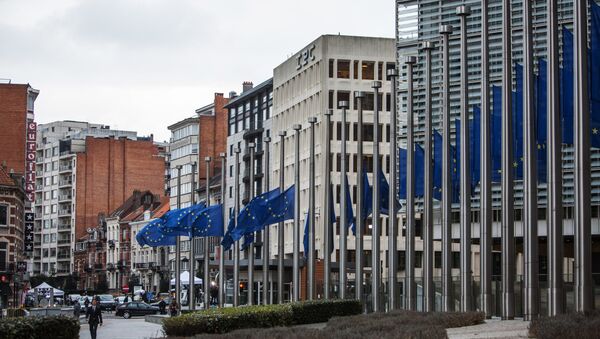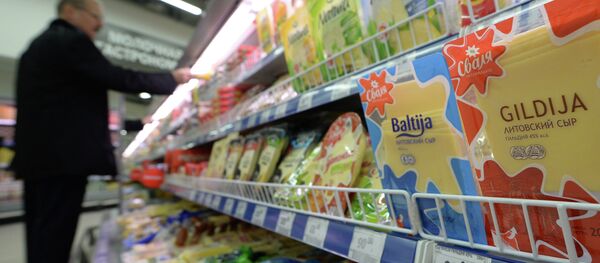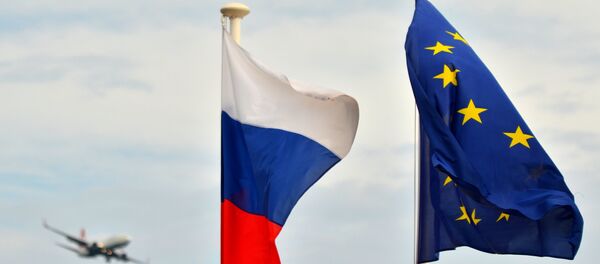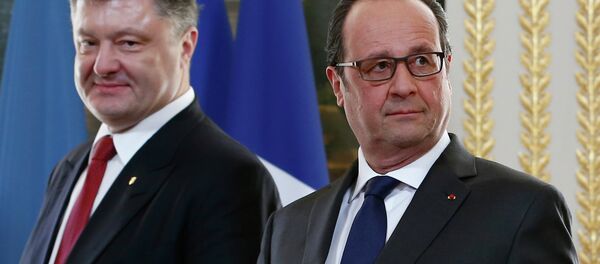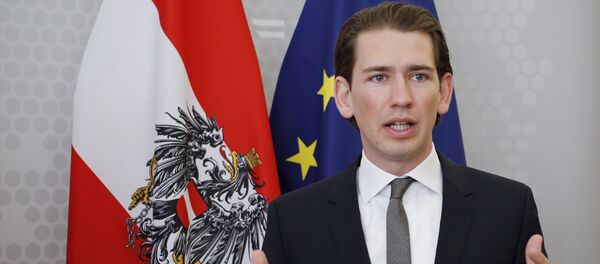The EU has agreed the extension of its anti-Russian sanctions for six months. The final decision is due to be made at the upcoming summit next week.
Each new prolongation has been more and more difficult for the EU to agree upon. This time, the issue provoked an almost public discussion on the need to ease sanctions. What is more, this discussion has already included not only opposition politicians but also representatives of ruling parties.
Of course, the total removal of sanctions is not on the agenda. European leaders cannot ignore their solidarity with the US. They also do not want to be unconstructive and weak in the eyes of their voters.
Thus, there needs to be a mechanism for the gradual easing of sanctions. Europe needs normal trade and political relations with Russia. Most of Europeans see that pressure is not the best option to make Russia change its policies.
From a geopolitical perspective, tensions between Brussels and Moscow are deepening Europe’s dependency on the United States. Many European nations oppose the strengthening of the pro-Atlantic and pro-American lobby in the bloc. Even such pro-Atlantic politicians as Nicolas Sarkozy have called for the gradual removal of sanctions.
"At the least, sanctions are useless. In fact, they are harmful to both parties. Anti-Russian sanctions have damaged the French farming industry. Russia has always been an important trade partner for France," French lawmaker Gerard Bapt told Sputnik.
While German Chancellor Angela Merkel and French President Francois Hollande do not have future plans in politics their party fellows and rivals are preparing for elections. Thus, by the end of 2017, European political elites would have to present to their voters a plan to resolve tensions with Russia, the article read.
Russia has repeatedly said that sanctions are a problem for those who impose them and that Russia will not ask to lift them. Now, European politicians can no longer pretend that they are not concerned about anti-Russian sanctions.
As a result, the EU has to work out a scheme to ease sanctions, pretending that the agreements are being implemented, the article read.
Recently, President Holland said that the gradual removal of sanctions is possible if the Minsk agreements are implemented.
According to the article, European leaders will now prepare public opinion for the easing of anti-Russian sanctions, in accordance with the gradual implementation of the Minsk agreements.
On Monday, President of the European Commission, Jean-Claude Juncker said in an interview with Euronews: "For the time being it is quite clear that in June we will prolong the sanctions. But in the course of the next coming six months we will have to check if there is enough progress as far as the Minsk implementation is concerned to lift part of the sanctions."
Last week, Juncker attended the St. Petersburg International Economic Forum. The politician set a tone for discussions on anti-Russian sanctions.
French Foreign Minister Jean-Marc Ayrault underscored that the prolongation of sanctions should not be automatic and that a discussion is needed.
"Today, dialogue, not standoff, is needed. Tensions between Russia and Europe should not evolve into a new Cold War. No one is interested in this," Bapt said.
Furthermore, Slovakian Foreign Minister Miroslav Lajcak said that the EU should not ignore political pressure by some European countries calling to revise Brussels’ policy towards Moscow.
Lajcak said that that European dialogue is needed because there is a "growing demand for a political discussion" about sanctions against Russia.
"I am not calling for abolishing the sanctions. But what I don't want to see is that we formally maintain the sanctions and behind the sanctions, everyone is signing big deals with Russia, visiting, meeting people who are blacklisted," Lajcak was quoted as saying by Reuters.
